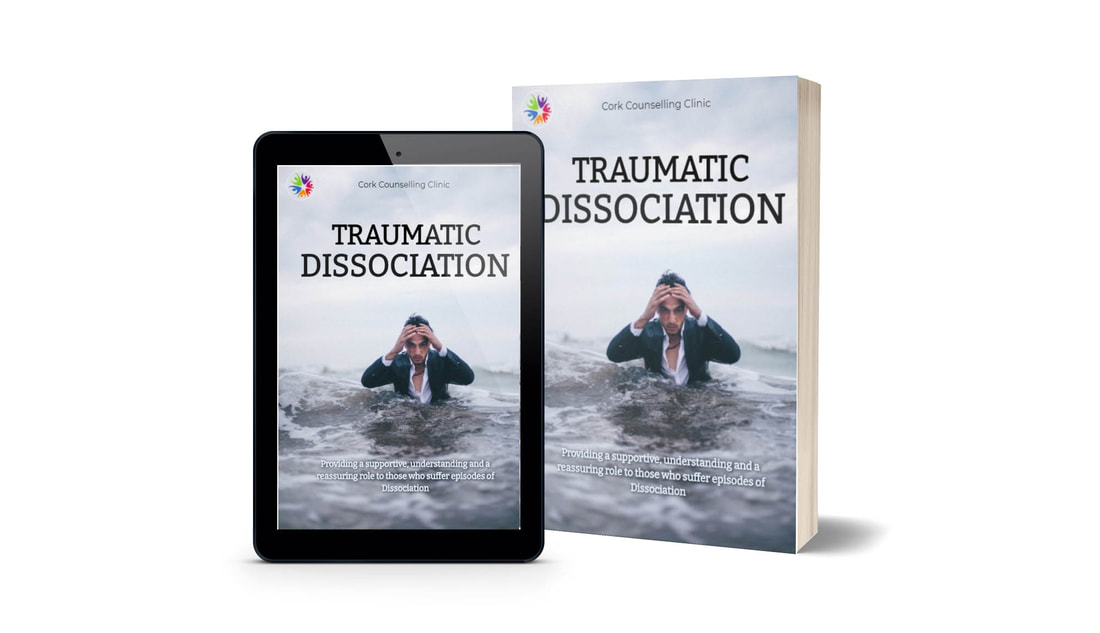Dissociation
We fully understand that dissociation is a complex psychological process often employed as a coping mechanism during overwhelming stress or trauma. It involves a detachment from reality, either from one's self, known as depersonalization, or from the surrounding world, referred to as derealization. These experiences can make individuals feel as though they are observing their life from outside their body or that the world around them is unreal and distant.
Freeze Response
Dissociation is fundamentally linked to the body’s instinctual responses to danger, predominantly the lesser-known freeze response. This response triggers when an individual perceives a threat so severe that neither fight nor flight is an option. As a protective mechanism, freezing helps to mitigate the immediate emotional impact by pausing sensory and emotional engagement. Dissociation extends this response, where the mind distances itself from the stress or trauma to reduce its impact, essentially helping the individual to endure by numbing their emotional experience. Leaving, not being present at all, losing time, noting is real, not remembering the event is a typical dissociative state.
Getting Help
At our clinic, we recognize that while dissociation can be protective, it often persists beyond the traumatic event, potentially disrupting daily functioning and emotional well-being. Our therapeutic approach focuses on creating a safe, supportive environment where clients can explore these dissociative states. Through understanding the origins and triggers of dissociation, therapy can help reduce the reliance on these mechanisms.
Our experienced therapists employ a variety of effective treatments tailored to address dissociation:
We fully understand that dissociation is a complex psychological process often employed as a coping mechanism during overwhelming stress or trauma. It involves a detachment from reality, either from one's self, known as depersonalization, or from the surrounding world, referred to as derealization. These experiences can make individuals feel as though they are observing their life from outside their body or that the world around them is unreal and distant.
Freeze Response
Dissociation is fundamentally linked to the body’s instinctual responses to danger, predominantly the lesser-known freeze response. This response triggers when an individual perceives a threat so severe that neither fight nor flight is an option. As a protective mechanism, freezing helps to mitigate the immediate emotional impact by pausing sensory and emotional engagement. Dissociation extends this response, where the mind distances itself from the stress or trauma to reduce its impact, essentially helping the individual to endure by numbing their emotional experience. Leaving, not being present at all, losing time, noting is real, not remembering the event is a typical dissociative state.
Getting Help
At our clinic, we recognize that while dissociation can be protective, it often persists beyond the traumatic event, potentially disrupting daily functioning and emotional well-being. Our therapeutic approach focuses on creating a safe, supportive environment where clients can explore these dissociative states. Through understanding the origins and triggers of dissociation, therapy can help reduce the reliance on these mechanisms.
Our experienced therapists employ a variety of effective treatments tailored to address dissociation:
- Cognitive Behavioural Therapy (CBT) targets the thought patterns that perpetuate dissociative states.
- Mindfulness-based strategies encourage clients to engage actively with the present, helping to ground those experiencing depersonalization and derealization.

